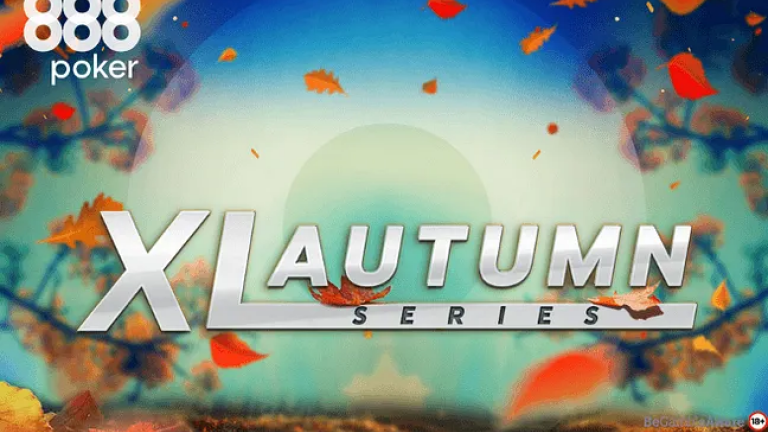
Although the above mentioned rulings favoured the operators (as opposed to the state monopoly approach France and Italy took), few general benefits can be derived from them, as both were rather specific to the cases. On one hand, it becomes more and more obvious that it is licensing rather than banning that provides an acceptable solution, especially from a revenue point of view. On the other, however, states are unlikely to “overregulate” the market and exercise a strict control over operators as the main incentive for them is tax revenue from the profits these make. In the end, only one group remains uncared for: the customers.
An interesting question of the topic is that of The Netherlands. Although a non-exclusive licensing system has been expected according to the recommendation of the Dutch Ministry of Justice, the government now plans to adopt the French and Italian model. This is all the more interesting in the face of the fact that this came after the ECJ suggested that licensing “should be allocated in a transparent and equal manner” to provide competitive market for customers.
Where the contradictions among customer, operator and state interests will lead is hard to tell. At any rate, if you are interested in more details, I recommend you read the full articles:
http://www.egrmagazine.com/blog/593312/european-egaming-harmony-or-discord.thtml
http://www.egrmagazine.com/news/594002/netherlands-to-regulate-egaming.thtml















0 comments